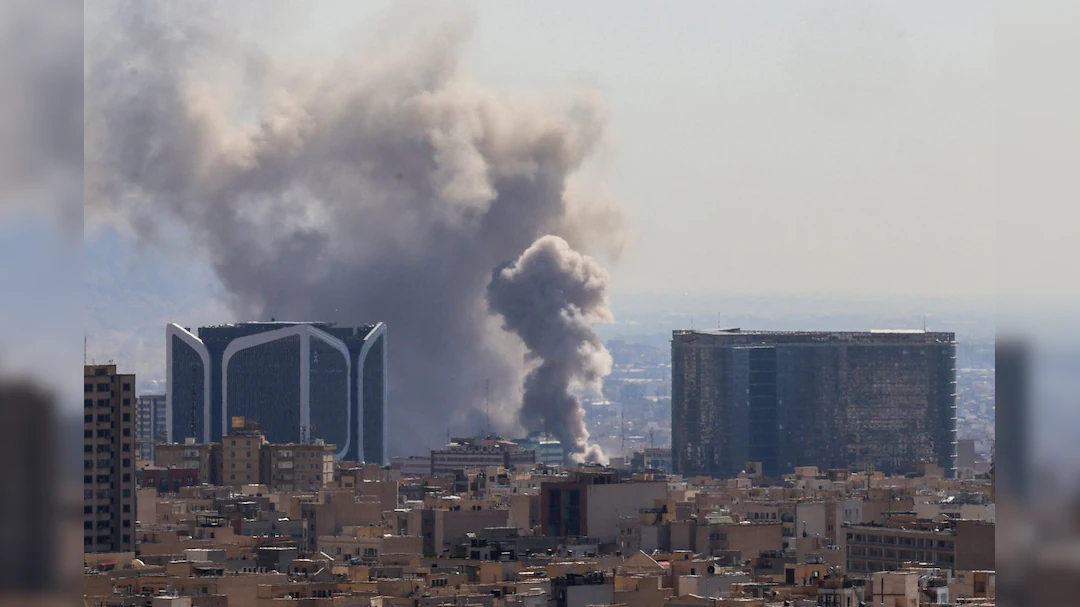By Manisha Sahu,America News World
Published: Sept 22, 2025
India’s Defence Minister Rajnath Singh, during his two-day official visit to Morocco, offered a rare candid explanation on why New Delhi did not react immediately to the steep tariffs imposed by the Donald Trump administration on Indian goods. Addressing members of the Indian diaspora on Sunday evening, Singh stressed that India has always taken a “broad-minded and big-hearted” approach to international disputes, choosing patience over knee-jerk retaliation.
India’s Measured Stance on Trump’s Tariffs
The comments come in the backdrop of trade tensions during Trump’s presidency, when Washington slapped nearly 50% tariffs on several Indian exports. The move strained relations between two of the world’s largest democracies, particularly since India had emerged as a key U.S. partner in the Indo-Pacific region.
“We didn’t react,” Singh said, emphasizing India’s restraint at the time. “Those who are broad-minded and big-hearted, do not react on anything immediately.” His statement highlights New Delhi’s strategy of not escalating disputes hastily, especially when they involve critical global partners like the United States.
India’s choice not to respond immediately was also seen as a calculated decision to safeguard long-term strategic and defense ties with Washington. Analysts point out that, despite the friction, India continued to enhance cooperation with the U.S. in defense, technology, and regional security during those years.
Warm Reception in Morocco
Singh arrived in Morocco on Sunday for his two-day official visit and was warmly received by the Head Wali of the Military Command of Casablanca and Sanjay Rana, India’s Ambassador to Morocco. Members of the Indian community, including the President of the Indian Association, were also present to welcome him.
During the interaction, Singh lauded the contribution of overseas Indians in strengthening bilateral ties and reiterated India’s commitment to expanding its global defense footprint.
Read more: UK, Canada, Australia Recognise Palestine; Israel Signals Wider Annexation from Gaza to West Bank
First Indian Defense Manufacturing Facility in Africa
A key highlight of Singh’s visit is the inauguration of Tata Advanced Systems’ new manufacturing plant at Berrechid. The facility will produce the Wheeled Armoured Platform (WhAP) 8×8, making it the first-ever Indian defense manufacturing plant in Africa.
Singh described the milestone as a reflection of India’s growing defense capabilities and its ambition to become a global hub for defense production. “This plant is not just an industrial venture, it is a symbol of India’s rising global footprint in defense manufacturing,” he said.
The initiative also marks India’s broader strategy to position itself as an exporter of advanced defense systems to friendly nations in Africa, the Middle East, and beyond.

Operation Sindoor and India’s Ethical Approach
Switching to security concerns, Singh spoke about Operation Sindoor, India’s recent counterterrorism action following the Pahalgam attack. He underlined that India never discriminates against individuals based on religion.
“Humne kisi ka dharm dekh kar nahi, unka karm dekh kar maara hai (We didn’t kill anyone for their religion, we killed them for their deeds),” Singh said, asserting that India’s fight is against terrorism, not any community.
He emphasized that Indian forces targeted only those directly involved in acts of terror, avoiding civilian casualties or attacks on military establishments. “We didn’t attack any civilian or any military establishment. Only India can have this character,” Singh remarked. “Had we wanted, we could have attacked any military establishment or civilian establishment, but we didn’t do it. We should uphold this character of India.”
The PoK Question
The Defence Minister also reiterated India’s long-standing claim over Pakistan-administered Kashmir (PoK). He noted that the sentiment among the people of PoK is shifting and that many are now openly demanding to join India.
“Pakistan-administered Kashmir will soon be a part of India and the people there have also started demanding it,” Singh declared. He recalled a statement he made five years ago while addressing the Indian Army in the Kashmir Valley. “I had then said that we will not need to attack and capture PoK, it is anyway ours; PoK itself will say, ‘Main bhi Bharat Hoon’ (I am also India). That day will come.”
Read more :- Israeli Forces Push Deeper into Gaza City Amid Rising Civilian Toll; At Least 16 Killed in Overnight Strikes
Broader Implications
Singh’s remarks in Morocco come at a time when India is positioning itself as both a global defense producer and a responsible international player. By not retaliating to Trump-era tariffs immediately, India showcased its diplomatic patience. By inaugurating a defense plant in Africa, it highlighted its industrial and strategic expansion. And by stressing ethical counterterrorism, Singh projected India’s moral high ground in conflict situations.
For the United States, Singh’s comments are a reminder of how India perceived the Trump administration’s tough tariff measures. While Washington justified the tariffs as protectionist steps to shield American industry, New Delhi chose the long game—absorbing the hit in the short term while preserving the larger partnership.
Today, as both nations navigate a shifting geopolitical landscape, Singh’s words carry renewed relevance. They illustrate India’s evolving role—not merely as a regional power balancing China and Pakistan, but as a confident nation defining its principles on the world stage.
Discover more from AMERICA NEWS WORLD
Subscribe to get the latest posts sent to your email.
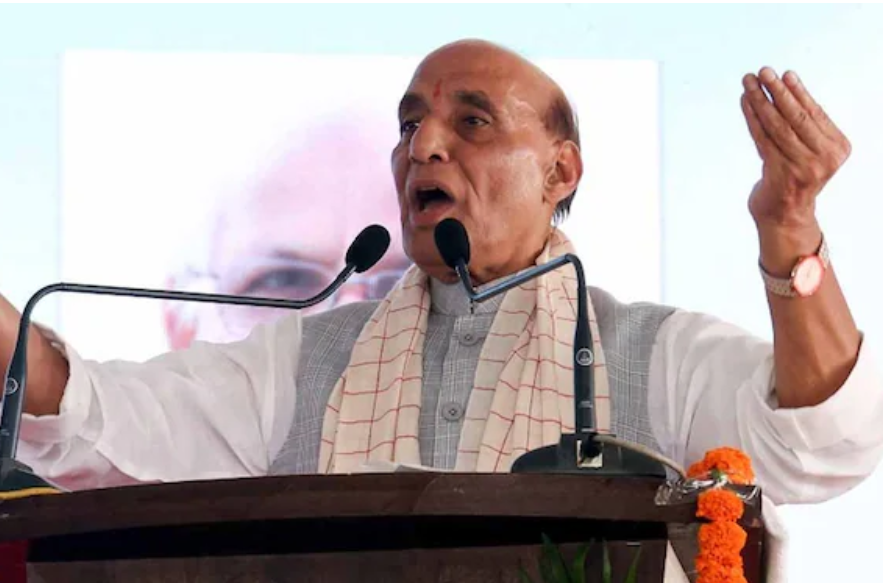

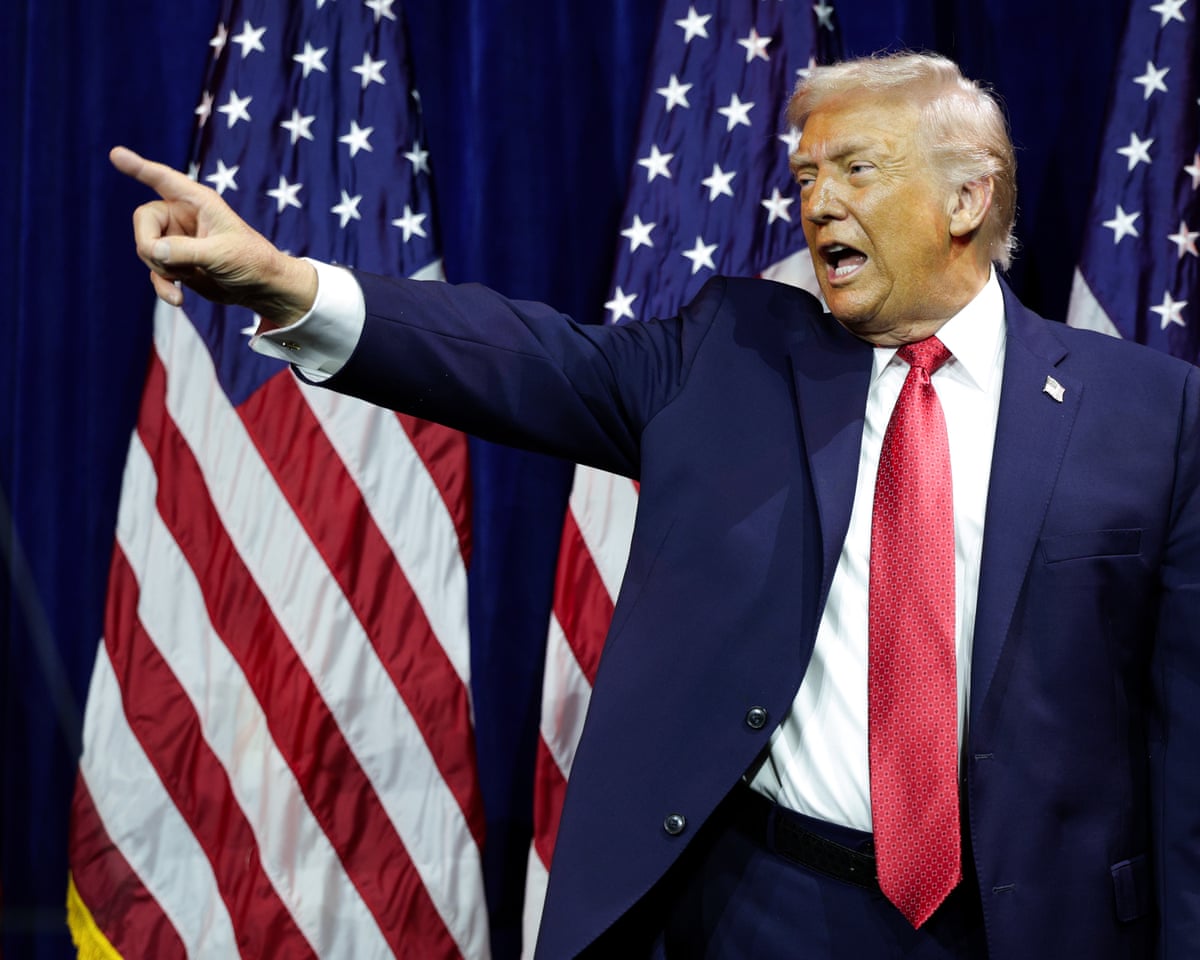
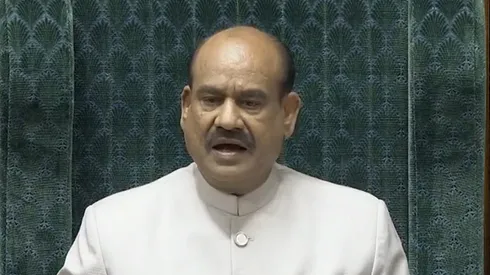
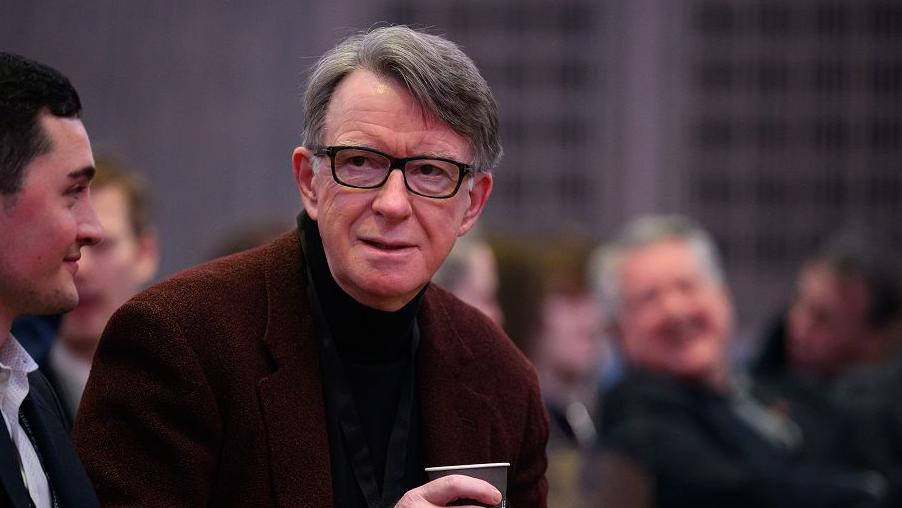
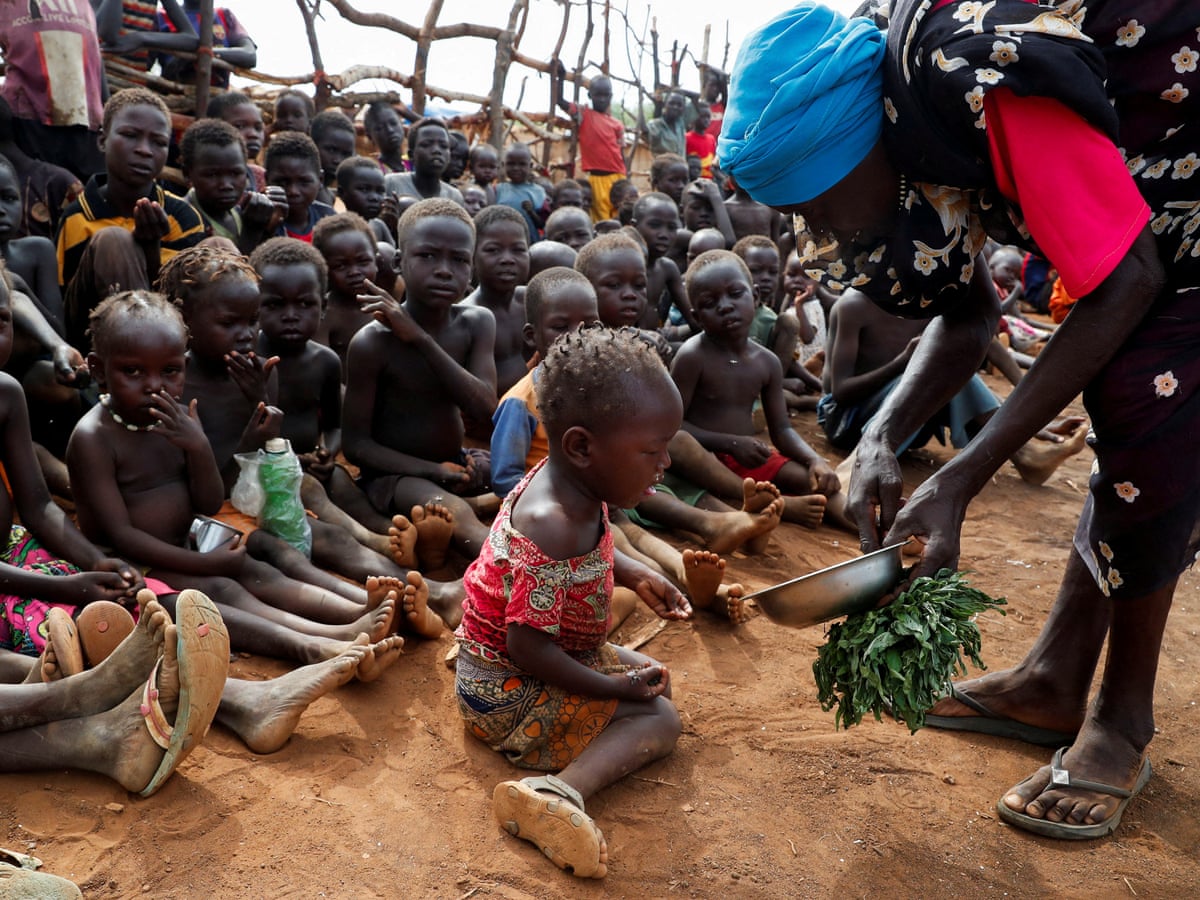
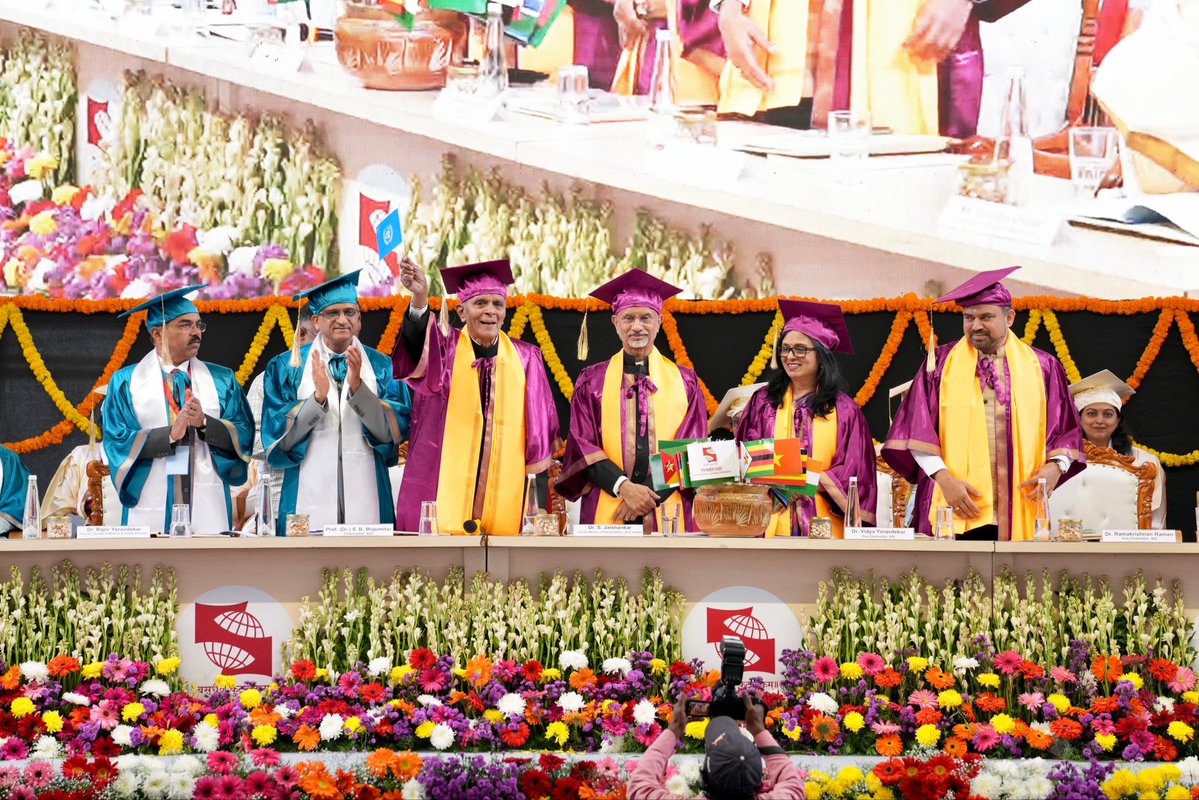


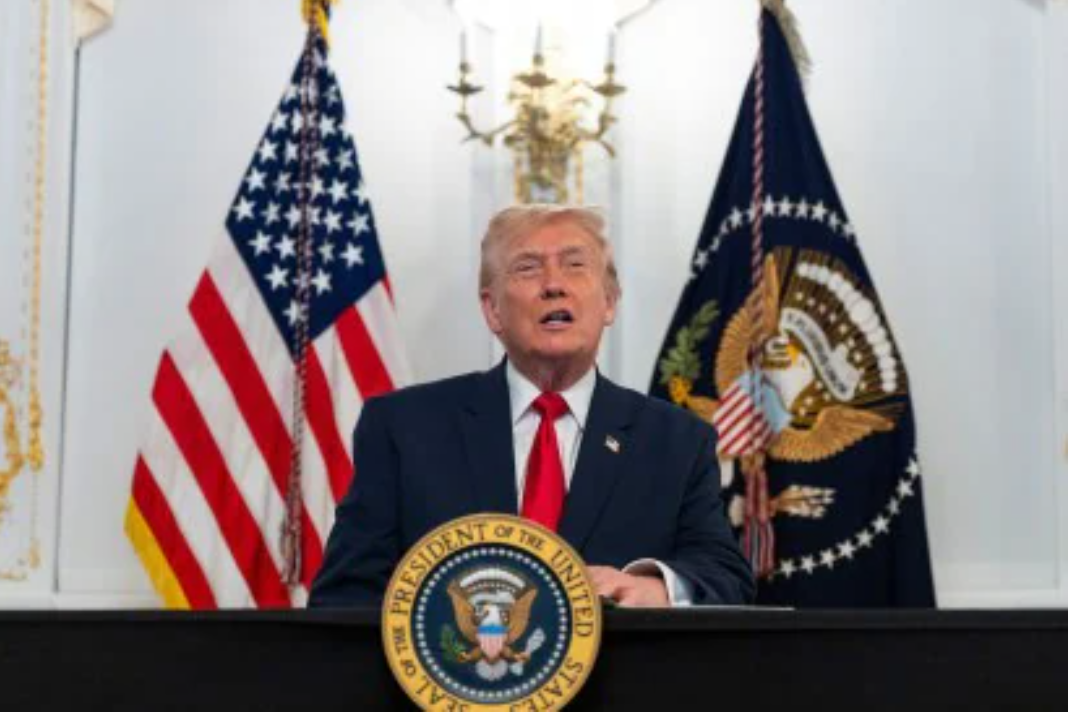




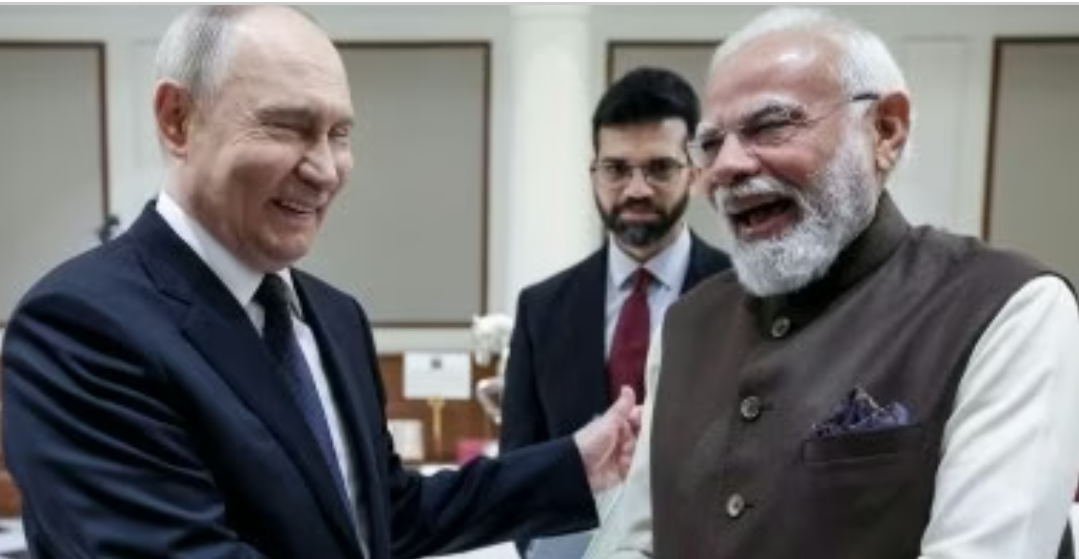
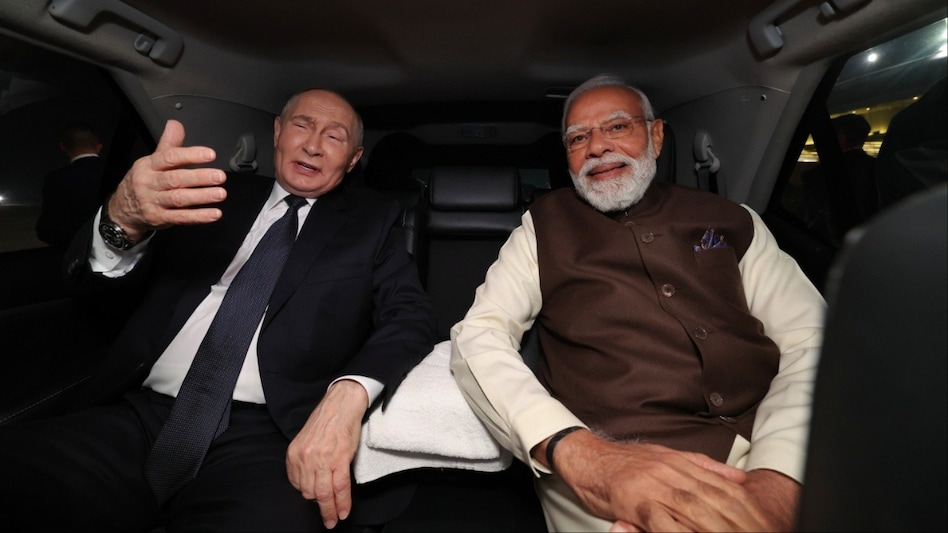
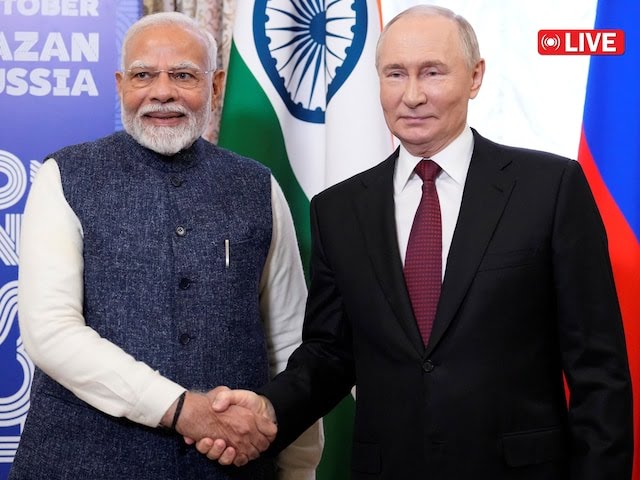
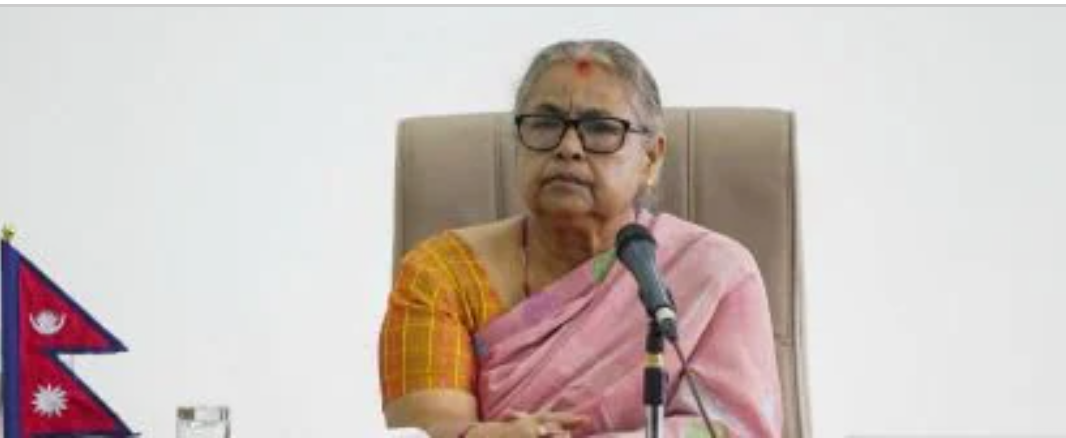
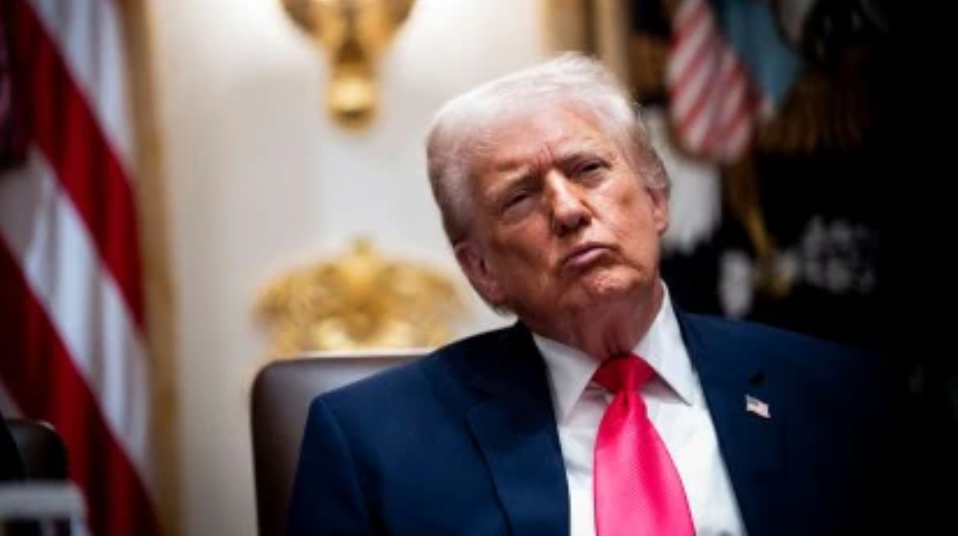
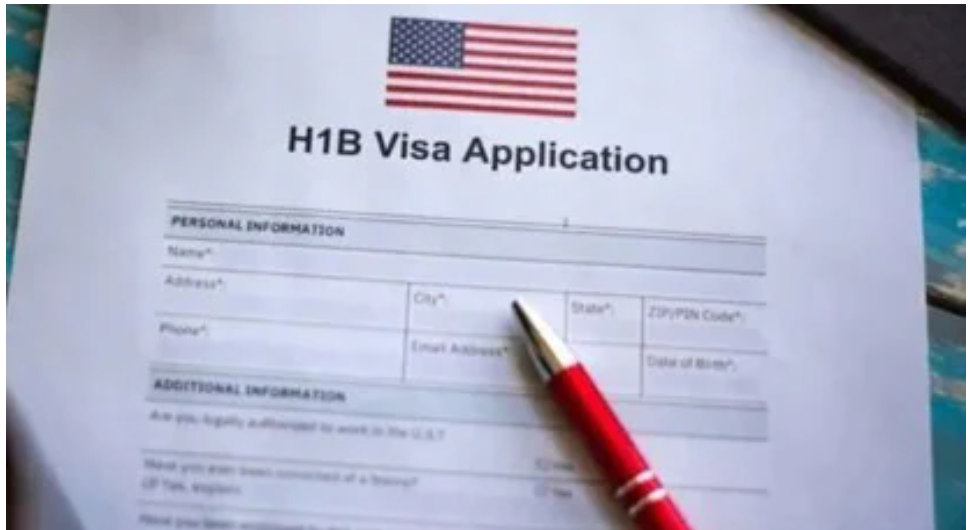
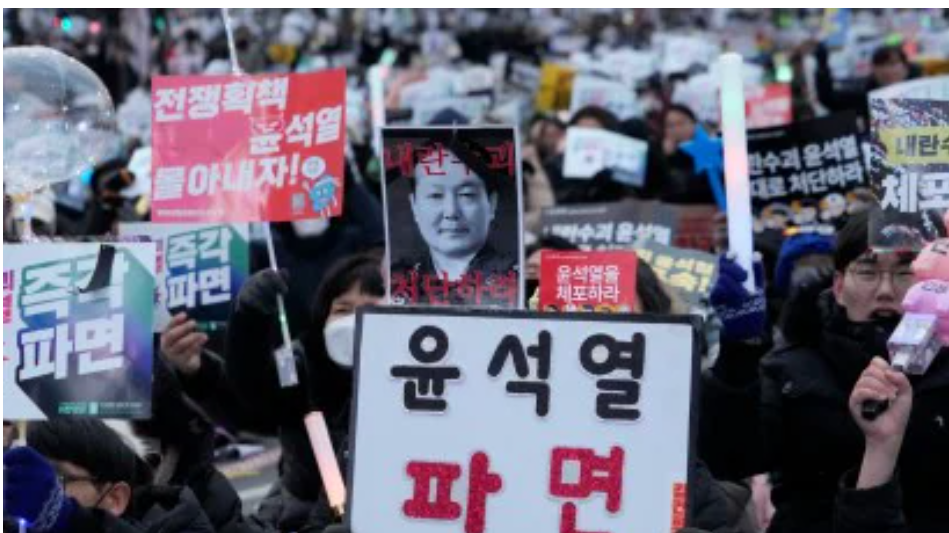


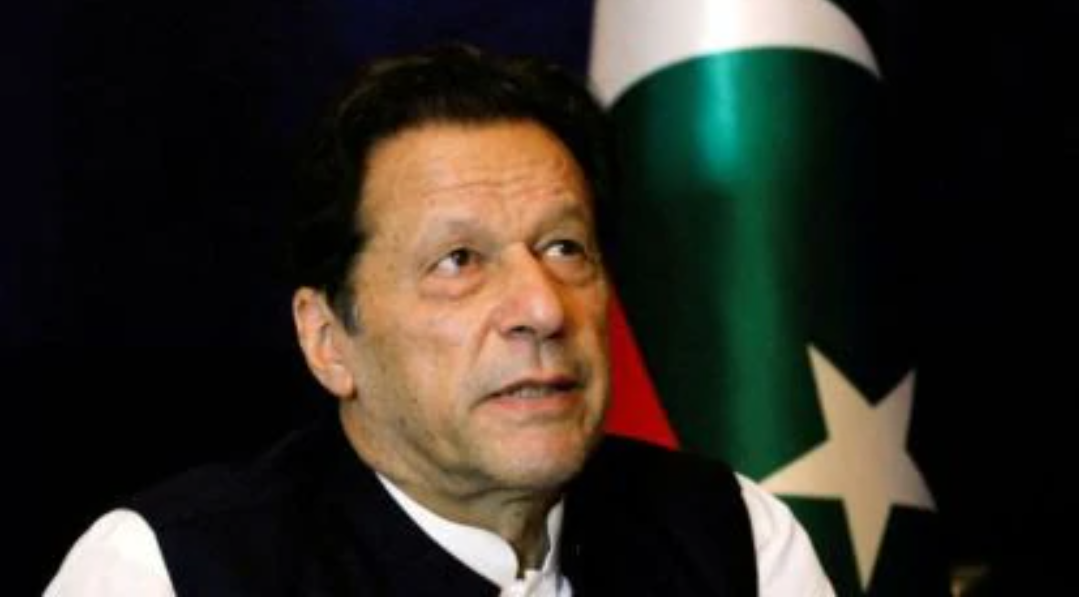




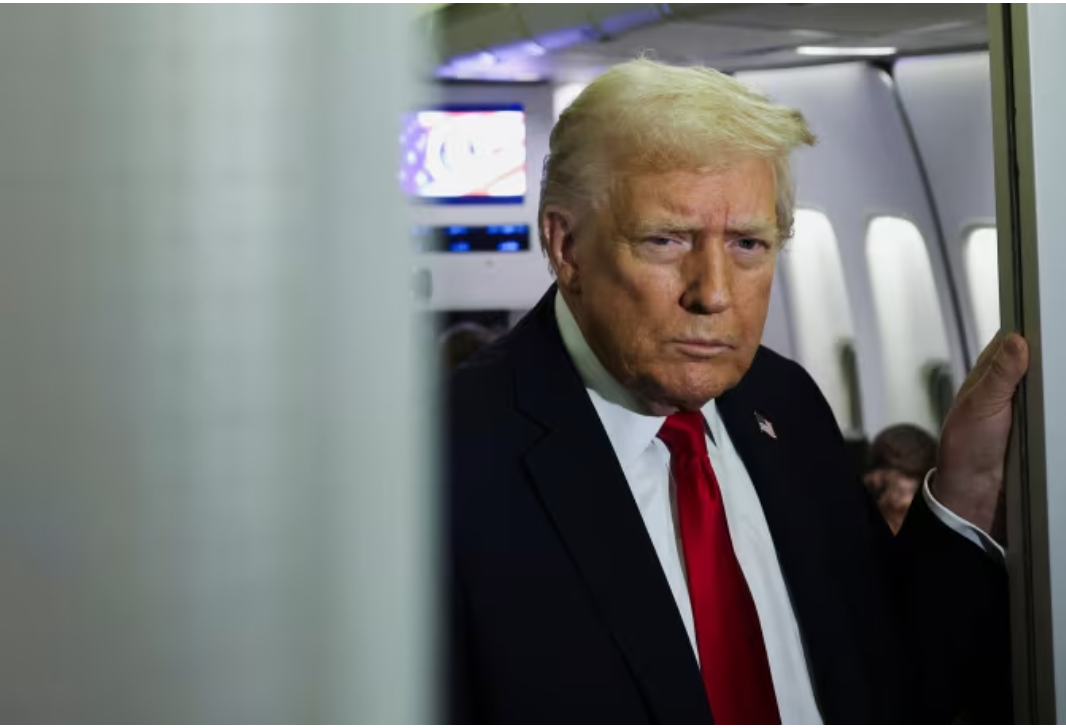







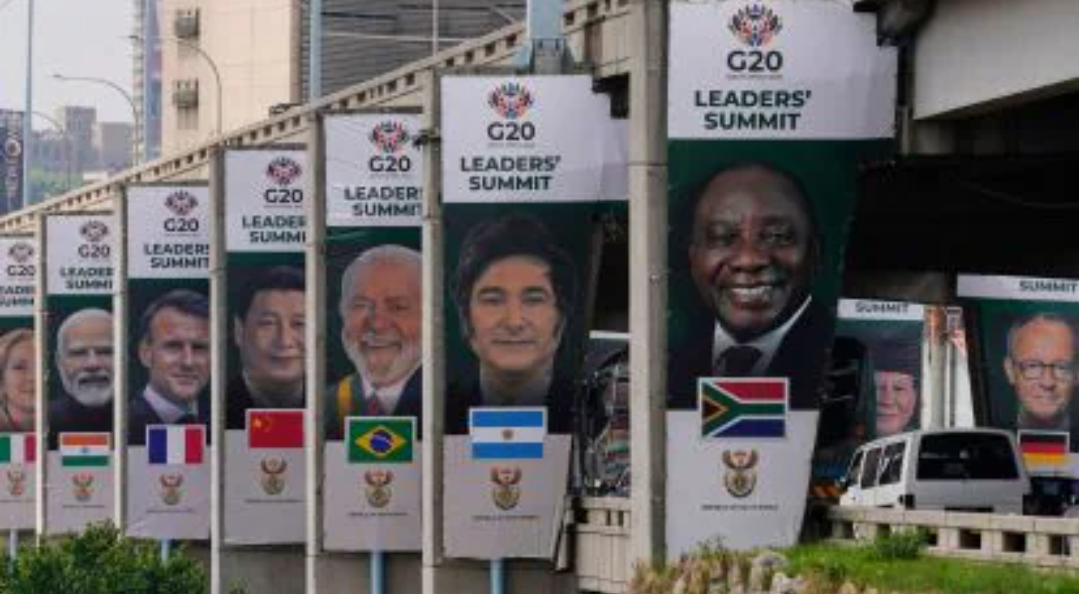
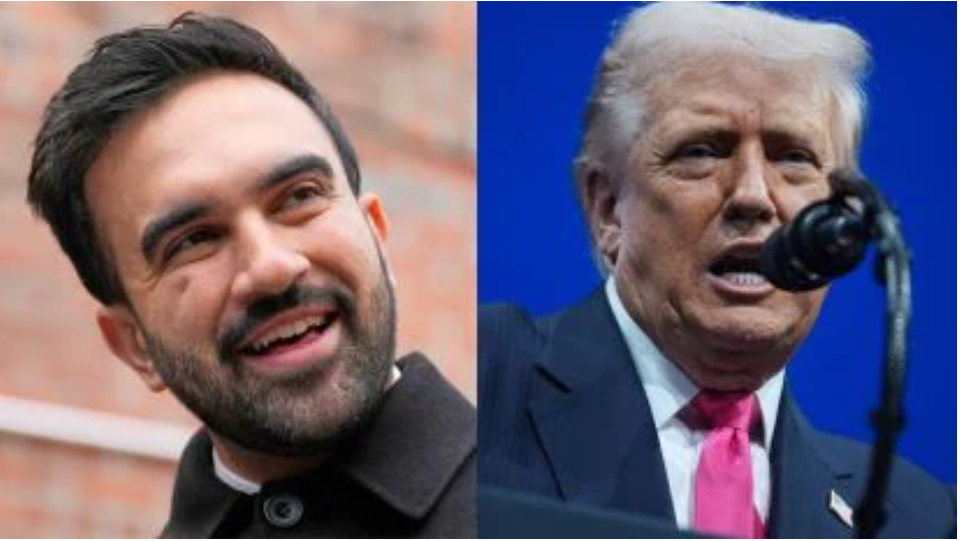
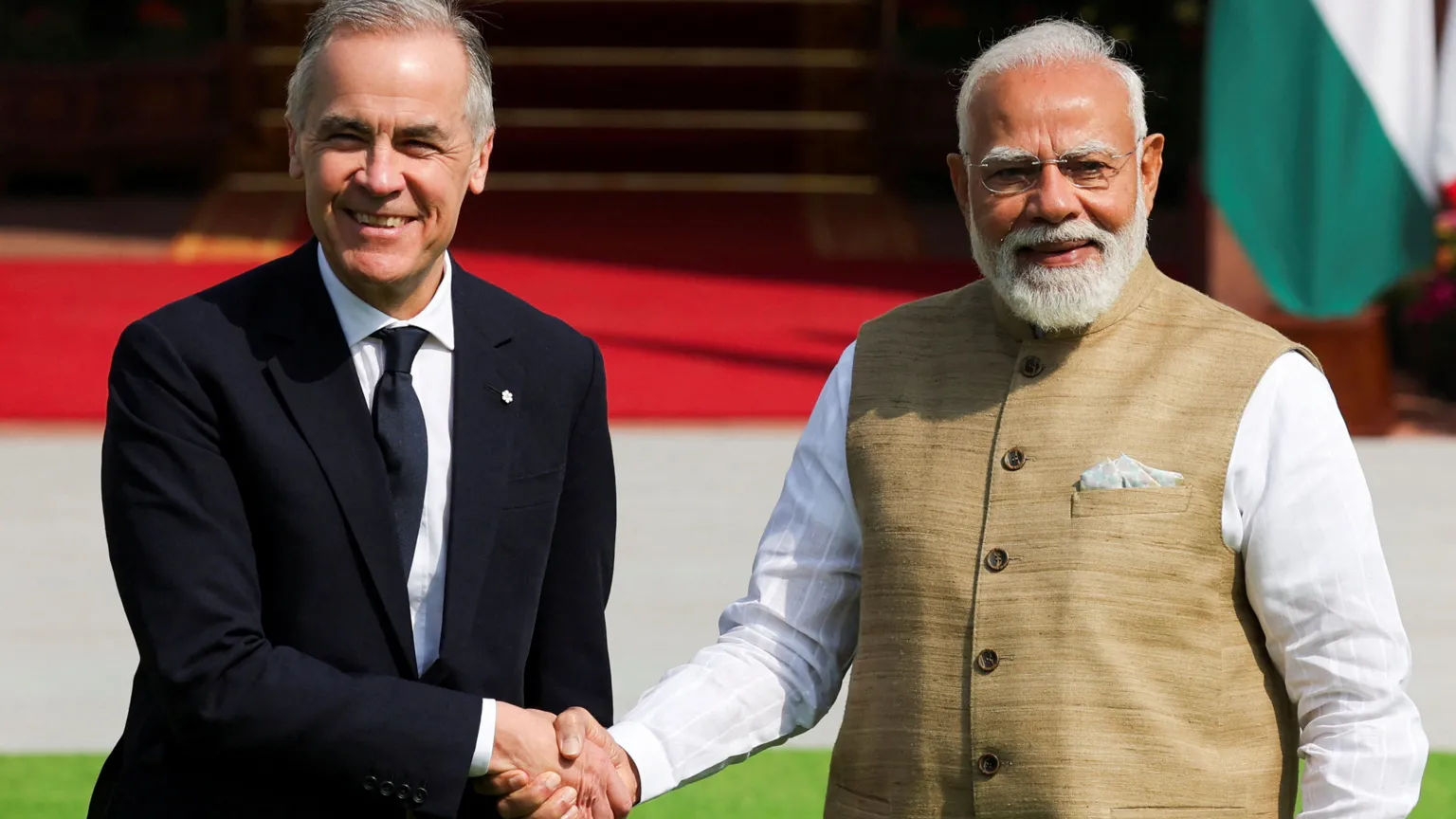
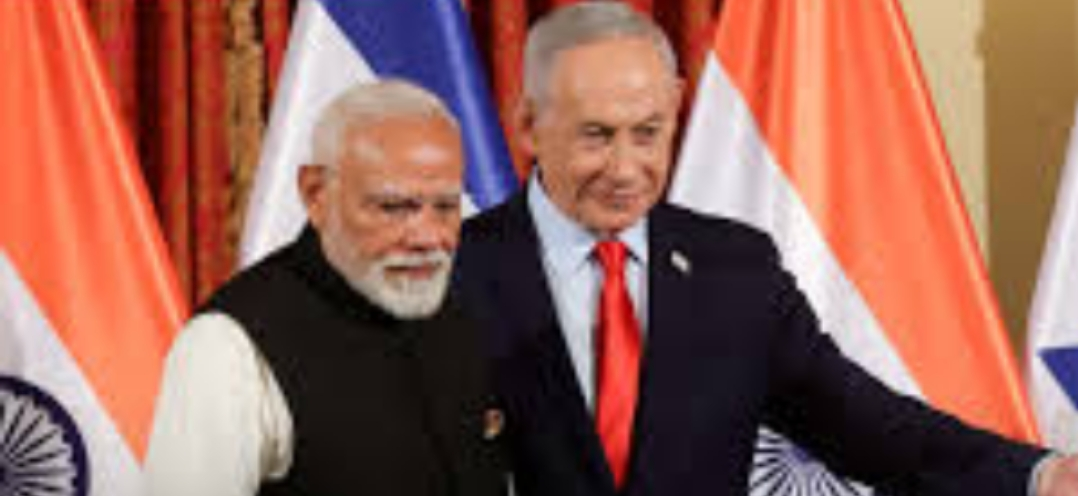
![Smoke rises after Israeli strikes in Beirut's southern suburbs, on March 2 [Mohamad Azakir/Reuters]](https://america112.com/wp-content/uploads/2026/03/hgh.webp)
